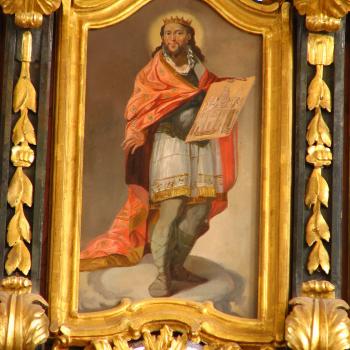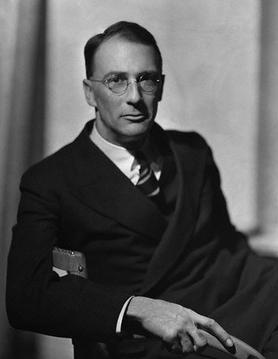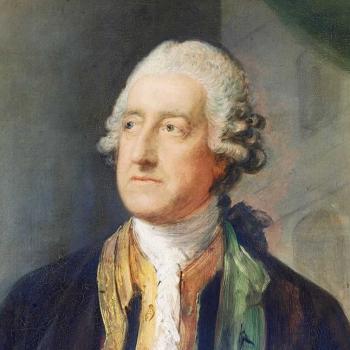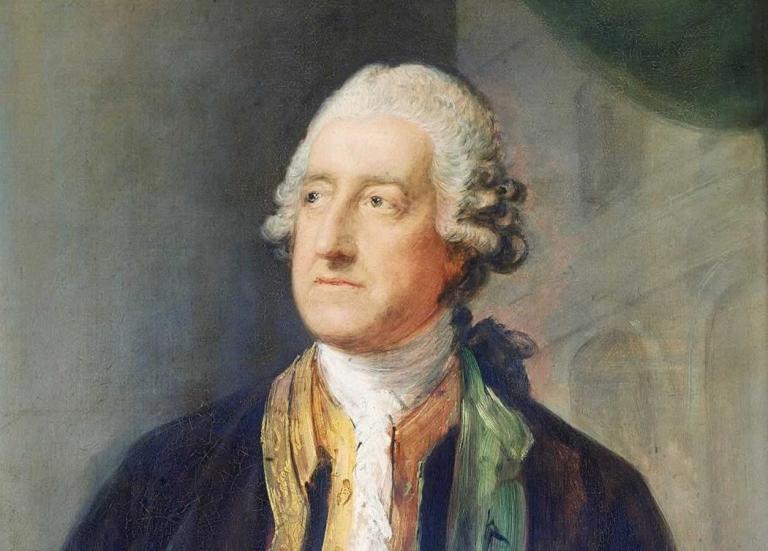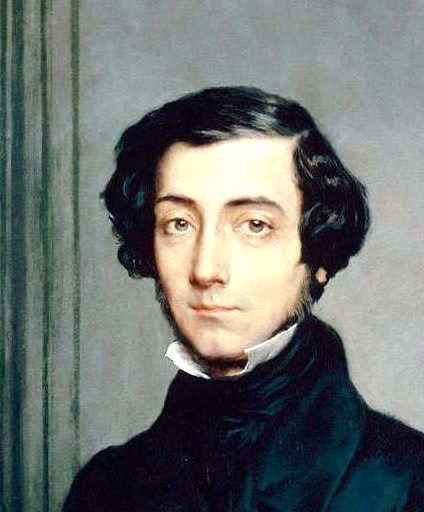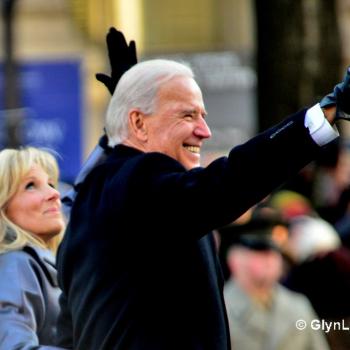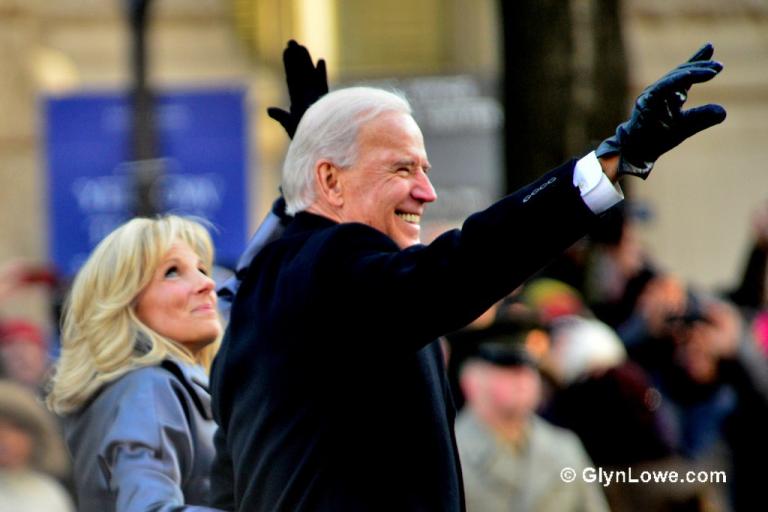But considerations about what religion has to do with it have raised some important theological issues. And, as so many issues do, they have to do with the doctrine of vocation.
The never-Trump evangelical David French has written a provocative article entitled The Spiritual Problem at the Heart of Christian Vaccine Refusal. After going over the statistics, he cites a particularly troubling finding from the study: Evangelicals are not only more resistant to getting the shot than any other group, they are the least concerned about the effect of their decision on other people.
Only 48% of white evangelicals said they would consider the community health effects “a lot” when deciding to be vaccinated. That compares with 70% of Black Protestants, 65% of Catholics and 68% of unaffiliated Americans.
So even at least some of the 54% of evangelicals who do intend to get the shot are doing it primarily for themselves, not to stop the spread of the virus to others. As for the 45% who won’t, many of them are looking primarily at the impact on their own health and well-being, rather than that of their neighbors.
Now Kylee Zempel of the Federalist has written a refutation of French’s article, in which she takes issue with his critique of evangelicals, arguing that resistance to the vaccine is understandable due to the flood of misinformation on the part of the government, the media, and health experts over the course of the epidemic. So fine. Maybe the resistance is not a “spiritual problem” as French claims.
But I still think that one fact is telling, that evangelicals–much more than other religious groups and even more than non-religious groups–apparently look at ethical decisions, including whether or not to get a vaccine, in terms of themselves in isolation, rather than in terms of their decision’s effect on their neighbors.
I think this approach to ethics is commonplace among American Christians and not just regarding the issue of vaccination. This is a law-based way of thinking about right and wrong. We have rules, and the individual must obey them. The transaction is between myself, the law, and the Lawgiver.
Martin Luther, though, had a different understanding of the Law, especially for Christians, in light of the Gospel. Jesus summarized the Law as loving God with all your heart, soul, strength, and mind, and loving your neighbor as yourself (Luke 10:26-27). Therefore, Luther taught a neighbor-centered ethic.
He expresses this in his explanations of the Ten Commandments in his Small Catechism. This is also fundamental to Luther’s doctrine of vocation. The purpose of every vocation–in the workplace, the family, the church, and the state–is to love and serve your neighbor.
Significantly, other treatments of vocation that I have seen neglect this dimension of the teaching. They focus instead on vocation in terms of the self. Your vocation, they say, is what gives you fulfillment, is God’s gift for your flourishing, is how you can serve God, and in other ways is always about you. This is in line with the self-focus of much of American Christianity, whereas Luther sees vocation in terms of what God gives us to do to serve our neighbor; and–more importantly–how God serves our neighbors through what we do.
This other dimension of vocation is also an issue that the vaccine controversies bring to the surface.
Tish Harrison Warren has written an article for Christianity Today [subscription required] about different responses to the COVID epidemic. She quotes the now-disgraced governor of New York Andrew Cuomo, who said, “Our behavior has stopped the spread of the virus. God did not stop the spread of the virus.”
She then quotes Christians who are thinking along his same lines, though from the opposite perspective: “If you have a mask on, it means you actually don’t trust God.” And other variations, that God will protect me from COVID, so I don’t need to worry about it.
Warren calls this the error of “competitive agency,” the notion that either God does something, or I do something. We can ascribe some actions to God and some actions to human beings or other causes, and these are totally separate, one or the other. This is opposed to the older notion that God works providentially in and through His creation. She observes that,
Functionally, this kind of deism excludes God from human work, efforts, and choices. In his book The Unintended Reformation, Brad S. Gregory notes how this “competitive, either-or relationship between God and creation” departs from historic Christian theology because it “presupposes that Christianity’s sacramental view of reality is false—that if God is real, he does not or cannot act in and through his own creation.”
Notice how this contrasts with Luther’s doctrine of vocation, in which God–far from being excluded from human work–acts “in and through” our ordinary callings (giving daily bread by means of farmers and bakers; creating children by means of mothers and fathers; conveying His Word by means of pastors; etc., etc).
Notice too that underlying the Lutheran doctrine of vocation is also the Lutheran doctrine of the Sacraments, that God, indeed, uses His own physical creation (water, bread, wine, a book, air vibrating as soundwaves) to bring physical human beings to Himself.
Oswald Bayer says that a distinctive quality of Luther’s theology–and what makes him different from many other theologians–is his conviction that God works through and by means of His creation. Not only in the Sacraments and in vocation, but also in His governance of the Temporal Kingdom, both in the social and the natural order, as He providentially cares for all that He has made.
American evangelicals–including, I daresay, some Lutherans–have largely lost this “sacramental view of reality.” They expect God to work without means. If I am sick, I can pray, and maybe God will heal me with a miracle. Or, instead, a doctor might heal me by giving me medicine. Luther would say that God does, in fact, heal me. He does so by means of the doctor, loving and serving me in his vocation, who knows how to apply the physical medicine of God’s creation to my physical body.
Thus, I can see the doctors, the scientists, the pharmaceutical companies, Trump and company with Operation Warp Speed, the manufacturers, the nurse who put the needle in my arm, as all means by which God is protecting me and others from the virus, as they love and serve their neighbors through the work that God has given them to do.
Image by Gerd Altmann from Pixabay


